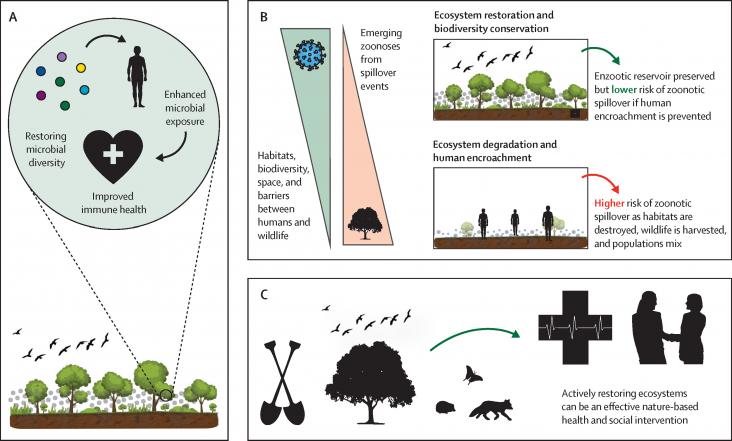
This Personal View supports SDGs 3 and 15 by explaining how restoring ecosystems can reduce risk of infection and adverse sequelae from COVID-19.
This article presented a comprehensive life cycle assessment (LCA) study comparing alternative medical-grade and protective-device-grade mask reuse options to the conventional single-use of surgical and FFP3 masks, respectively. The study focuses on the UK, but the results and conclusions are applicable to other healthcare settings.
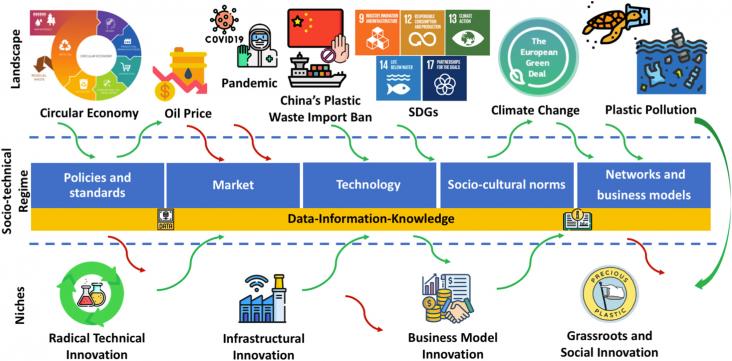
A system transition is required to reach greater circularity in the production and consumption of plastics and the achievement of SDG12. This paper has addressed a key gap in the literature, related to the role that data-information-knowledge play in hindering progress towards that transition.
This chapter aligns with Goal 3: Good Health and Wellbeing and Goal 15: Life on Land by discussing the role of transparency regarding livestock animal welfare in consumer attitudes toward livestock production practices.
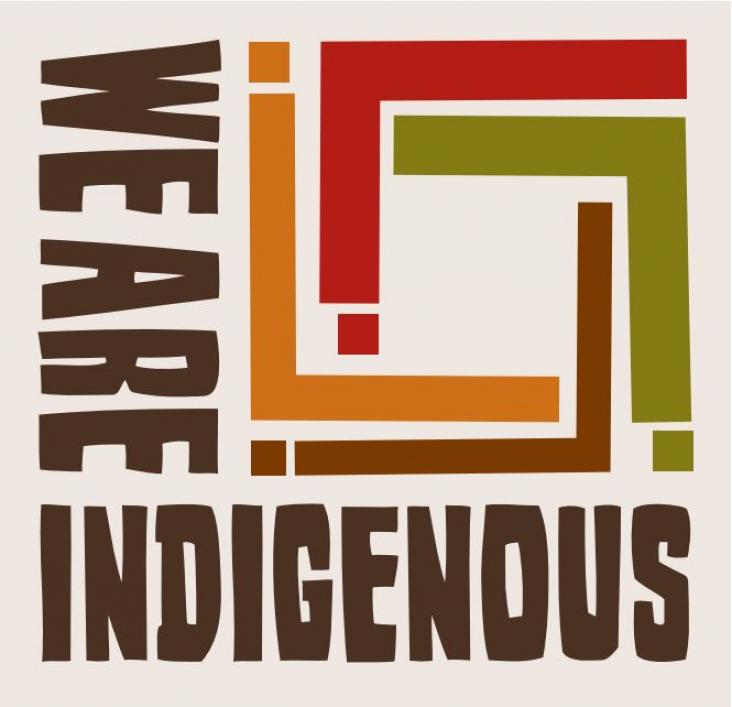
The United Nations General Assembly decided that International Day of the World’s Indigenous Peoples would be observed every year on 9th August. On this day, people from around the world are encouraged to help spread the UN’s message on the protection and promotion of the rights of indigenous peoples. Elsevier is pleased to share this special collection of freely available articles to help spread awareness about this important topic. Please feel free to download and share these papers.
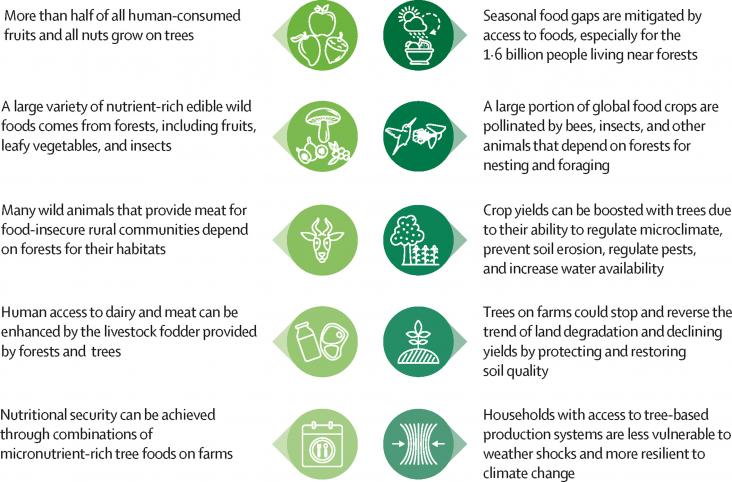
This Viewpoint supports SDGs 2 and 15 by highlighting the importance of trees and forests to food systems, and exploring how the value of trees and forests in this regard can be enhanced to improve nutritional and environmental sustainability.
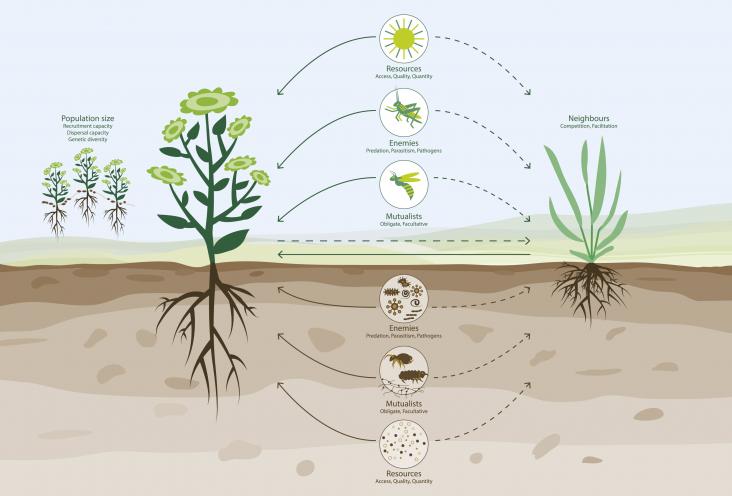
By studying species' responses to extreme climate events, a conceptual framework for predicting ecological recovery in terrestrial ecosystems is proposed.
This article supports SDG's 6, 11 and 15 through its discussion of the use of Phytoremediation as an economical and sustainable technology for environmental cleanup. Plant species known to utilize different phyto-mechanisms during phytoremediation of diverse pollutants are presented
The articles's focus on using Metal-Organic Frameworks (MOFs) to remove drugs and emerging pollutants from wastewater directly relates to several Sustainable Development Goals (SDGs). It particularly aligns with Goal 6 (Clean Water and Sanitation) by addressing the issue of water pollution and promoting the removal of harmful substances from aqueous environments. It also connects with Goal 14 (Life Below Water) and Goal 15 (Life on Land) by aiming to protect ecosystems and aquatic life from the detrimental effects of drug pollution, ultimately contributing to environmental preservation and human well-being.
The study assessed the perceptions of indigenous peoples on the Vietnam payments for forest environmental services (PFES) program. The majority of indigenous people were satisfied with PFES participation.
